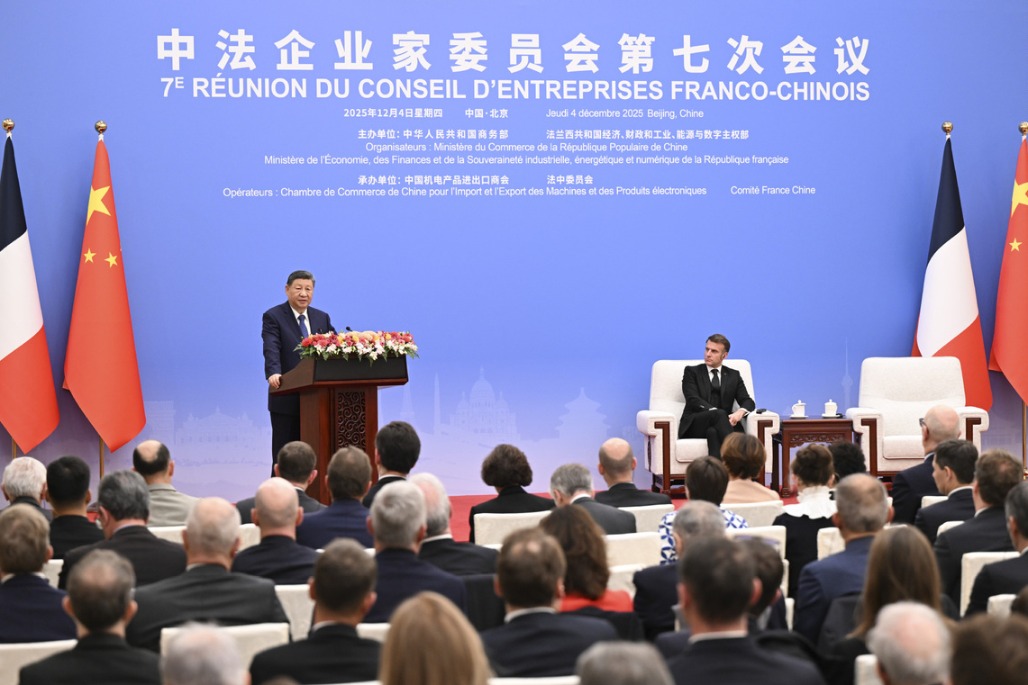Pacific Deterrence Initiative value-added tax for old game: China Daily editorial
chinadaily.com.cn | Updated: 2020-12-09 20:35
It is far-fetched to claim, as some have done, that Congress is handing the next US administration "a new framework for countering" China with the Pacific Deterrence Initiative that was included in the defense bill the House of Representatives passed on Tuesday.
Given the outgoing US administration's attempts to portray China as a threat and the Pentagon's desire to continue with the money-spinning game it has initiated, it is natural China should feature so prominently in the annual National Defense Authorization Act.
But the price tag for the PDI, $2.2 billion for the first year, is just a fraction of the bill's $740.5 billion. And rather than sending "a strong signal to China" that the US is deeply committed to working with its allies in the region to contain it, the initiative instead sends the message to the US' Asia-Pacific allies that they can expect to pay more for the "security service" provided by the US, since that is what the US' NATO partners have had to do after the European Deterrence Initiative was introduced in 2014.
As the past four years show, the US has gained nothing from the incumbent administration's attempts to undermine peace and stability with its so-called Indo-Pacific strategy, as no country in the region, even among its allies, can easily make an either-or choice between the world's two largest economies.
Indeed, the more the Trump administration tries to inflict wounds on Sino-US relations during its remaining days in office and press its successor to inherit its "China legacy", the more likely it is to show how ill-judged that approach has been.
Since both countries are aware of their common interests and neither side wants to push their ties to an all-out confrontation, the new administration in Washington would do better to promote the healthy development of Sino-US relations.
China is potentially a key partner for the new administration in its bids to get the pandemic under control, revive the US economy, promote nuclear nonproliferation and address climate change. The incoming administration should appreciate that it could deal a fatal blow to Sino-US relations if it opts to continue the wrong approach toward China that its predecessor adopted.
As such, the Pacific Deterrence Initiative is neither a signal to China nor a remedy for the imagined threat it represents. The Pentagon has submitted to Congress a patchwork of reports depicting China in an unflattering light to justify its demands for more money, and the initiative is simply the Pentagon padding its bill and holding out its hand for more money.
























